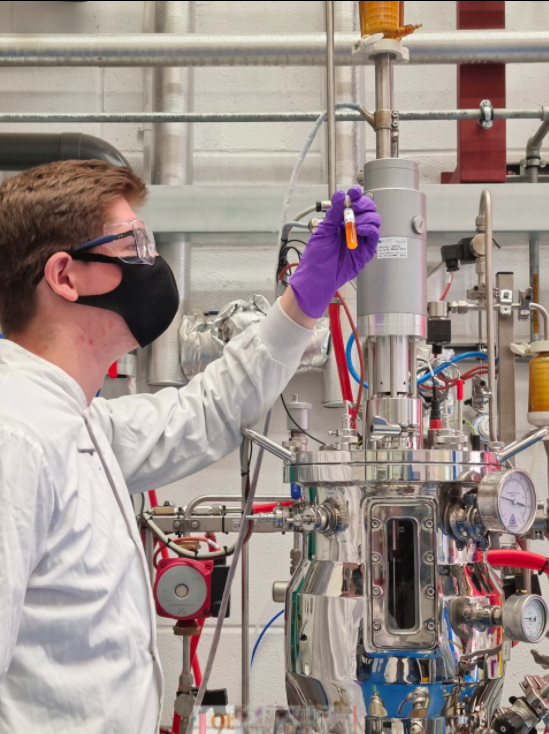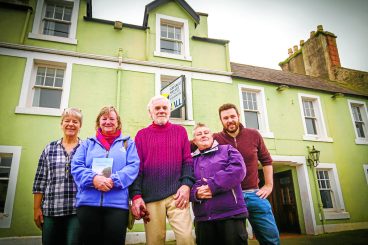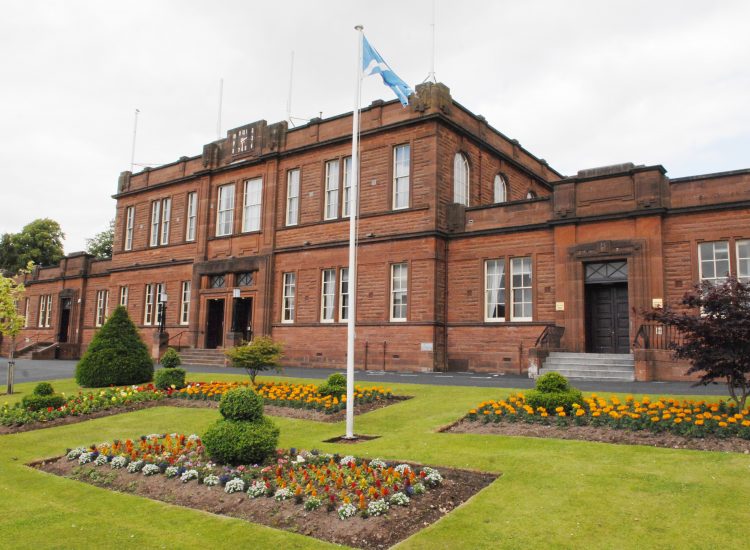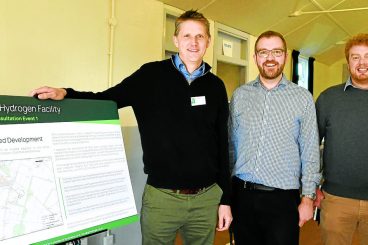IT IS an industry close to Scottish hearts and worth more than £4 billion.
But Scotch whisky production remains hugely wasteful and it’s estimated that only ten per cent of ingredients end up in a bottle.
And one young boffin currently endeavouring to find more practical uses for the remaining 90 per cent is former Moffat Academy pupil, Joseph Poole.
The 21 year-old is studying developmental biology at Aberdeen University and is currently on a placement year with the Industrial Biotech Innovation Centre based at Herriot Watt University in Edinburgh, where “whisky sustainability” has been a focal point for the research team Joseph has been working alongside over the last 12 months.
However, the student emphasised the concept is “a bit larger than just whisky”.
He said: “It’s an initiative the Scottish Government has been trying to implement more and more called the circular economy and that is a concept, especially within science, that you use everything for some purpose.
“The distilling process leaves you with a lot of waste, like the barley you get the alcohol from or the liquid afterwards that isn’t high enough proof to become whisky itself. So the core concept of what we’re doing is we’re trying to find a use for those waste products that is more efficient than we currently have.”
Joseph and his fellow researchers are looking at the ways in which whisky’s cast-off elements can be recycled and made into things like animal and fish feed, and a source of biofuel substitute.
He said: “It’s usually barley that’s used for whisky in Scotland and so once you process that as you would, you end up with a lot of the grain itself. Most of that contains some form of protein, so what we’re trying to do is extract the protein and see if it has other industrial uses.
“It’s often used as feedstock for animals or fish, there’s no nuance to it; it’s just lumped in with a bunch of other things. We’re trying to refine it and get something a bit more specific and more valuable out of it.”
Furthermore, a key part of the research is determining how the cost of the recycling process can be driven down to make it more accessible.
He added: “What we’re aiming to do is find a way that everyone can get what they want, and therefore cheaper and still have this recyclability. There’s a massive drive to make science green because it’s historically quite a wasteful industry, so it’s becoming more and more popular to be green and eco-friendly and if it drives the cost down at the same time it’s two for one really.”
Later this year Joseph will return to Aberdeen to complete his degree, taking with him an “invaluable” wealth of knowledge and experience, he said he will utilise “for decades to come in my future career”.
Reflecting on the highlights of the placement, he added: “There’s no better feeling than working on a project and then you finally get the big solve, that eureka moment of ‘fantastic, we’ve got it!’, that I will never got tired of.”
























